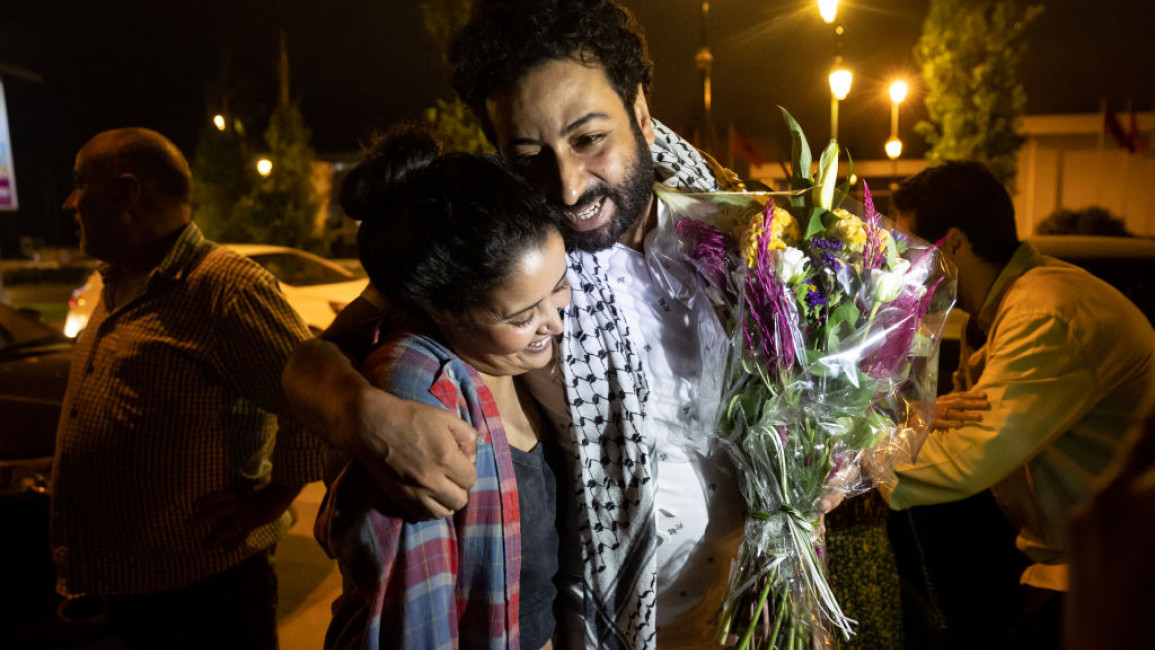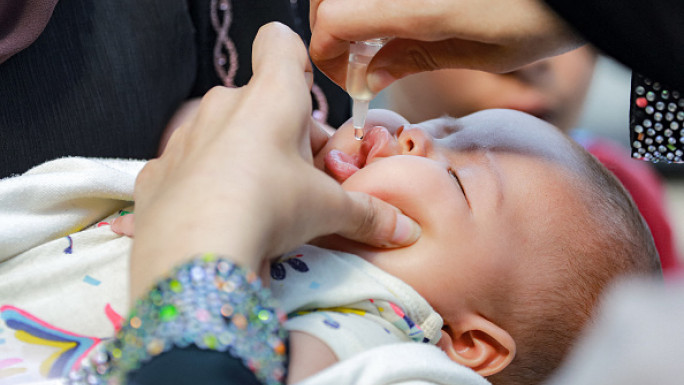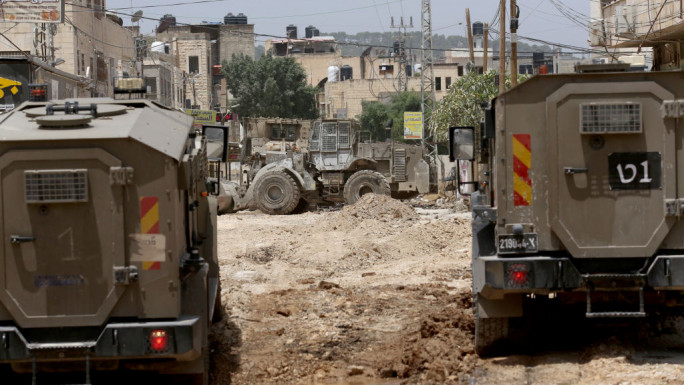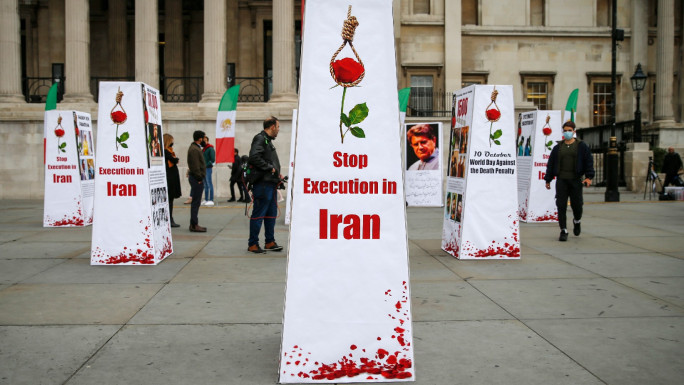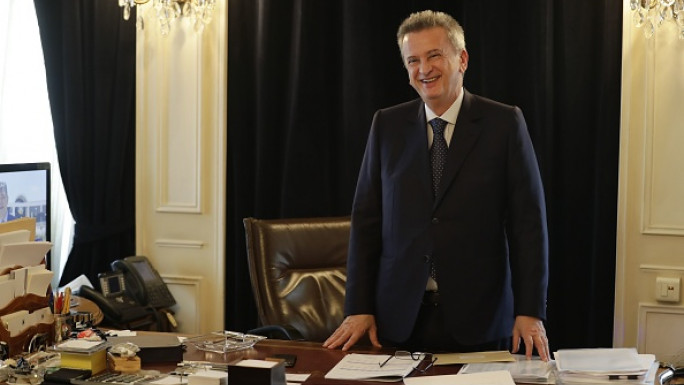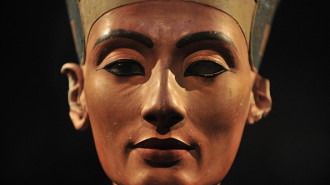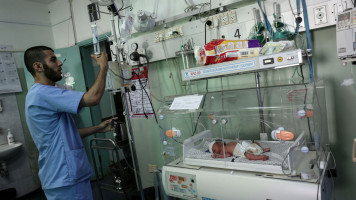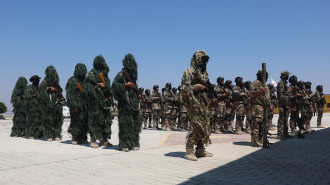'A night of freedom': Morocco celebrates release of journalists Radi, Raissouni, Bouachrine after 'royal pardon'
To mark 25 years on the throne, Moroccan King Mohammed VI "pardoned" his jailed critics, signalling what may be a "new era" of democracy and freedom in the North African kingdom.
On Monday night, the gate of Tiflet prison, east Rabat, swung open for journalist Omar Radi, 38, after four years behind bars.
Radi emerged looking much like his old self: wearing a keffiyeh, smiling broadly, and dodging reporters' questions with humour.
"This is a new beginning ... and a step towards a state that makes space for all opinions," Radi told reporters, standing before a Palestinian flag and surrounded by the cheers of his supporters, colleagues and family.
Arrested in 2020, Omar Radi was sentenced on appeal in 2022 to six years in prison in a dual case of espionage and rape—charges he denied during the trial.
His parents, Fatiha Cherribi and Driss Radi, who had tirelessly campaigned for his innocence, thanked the crowd before departing from the prison entrance. Clutching their phones: answering congratulations calls and checking on other journalists and activists who were leaving their cells at the same time as Omar following the king's pardon.
Meanwhile, fifty kilometres away, journalist Taoufiq Bouachrine walked out of Salé prison after six years. The founder of the local media outlet Akhbar Al-Yaoum, who was originally sentenced to 15 years in prison, quickly made his way to his car through the waiting crowd.
"We just left the prison, do you want me to go back there?" he said playfully before driving off.
In 2018, Taoufik Bouachrine was sentenced to fifteen years in prison for "rape," "human trafficking," and "sexual assault" against several women.
In a 2022 report, Human Rights Watch (HMW) condemned the use of trials for common crimes, particularly sexual offences, as "repressive techniques" aimed at silencing journalists and dissidents in Morocco.
Another highlight of the night was Soulaimane Raissouni. The 54-year-old journalist emerged looking quite different from before—his signature beard was gone, he had lost weight, and seemed to have aged several years.
But his passion for protests remained unchanged.
As soon as he stepped out of Ain Borja prison in Casablanca, he climbed onto his supporters' shoulders, chanting "freedom" and flashing the victory sign.
The former editor-in-chief of the daily publication Akhbar Al-Yaoum had been sentenced to five years in prison for "sexual assault," a charge he has consistently denied.
Others pardoned included YouTuber Reda Taoujni, activist Youssef El Hirech, and blogger Saida Alami, among the 2,278 people who received the royal pardon on Monday.
As head of state, the Moroccan monarch has the power to grant such pardons, which apply only to prison sentences and not to civil penalties or financial obligations imposed by the courts.
To receive a royal pardon in Morocco, prisoners must submit a request, seeking forgiveness from the highest authority in the country and committing not to repeat the actions for which they were convicted.
So far, those who accused the journalists in the assault cases have not commented on the pardons.
Some local human rights activists applauded the pardons but noted that the move did not erase what they view as politically motivated prosecutions that tarnished the journalists' reputations.
Meanwhile, Reporters Without Borders (RSF), which has long defended the released journalists, said Monday’s releases mark a major step forward for press freedom in Morocco.
"My joy is incomplete, as we were hoping for a general pardon for all political prisoners. We are still waiting for the release of the Rif Movement detainees," wrote Hajar Raissouni, Soulaimane's sister, on X.
In October 2016, peaceful protests began in the Rif region, with millions marching for social justice and an end to marginalisation.
Nasser Zefzafi, a charismatic speaker, quickly became a prominent figure in the movement.
In the months that followed, Moroccan security forces arrested hundreds of protesters, including Zefzafi, who was sentenced to 20 years in prison for "undermining public order and threatening national unity."
In 2022, the Moroccan Socialist Party introduced a bill in parliament seeking "a parliamentary amnesty" for Zefzafi and his comrades, but the bill failed to pass.
"The detainees should request a pardon, and His Majesty the King, who is the father of all, knows the public interest and the greater good," Justice Minister Abdellatif Ouahbi stressed to the Moroccan parliament when questioned about the case last year.
